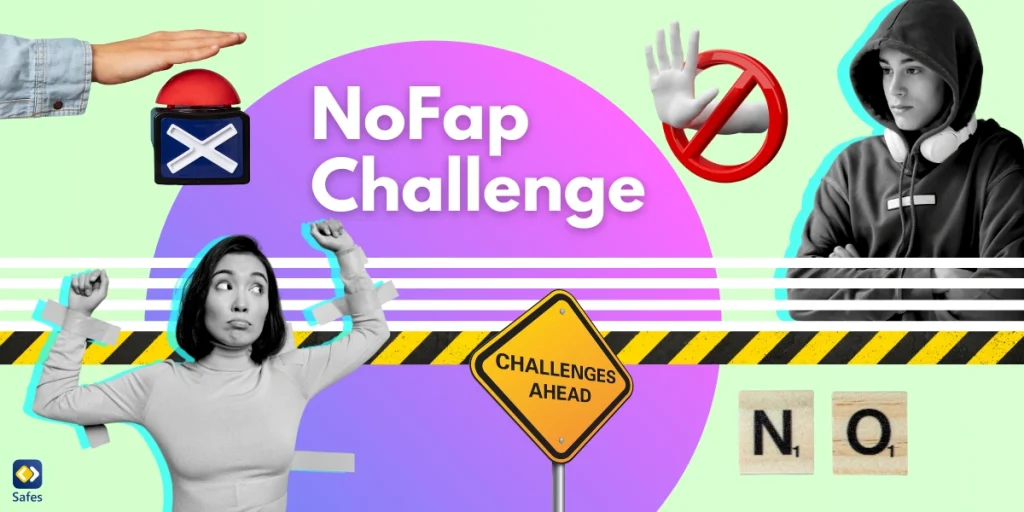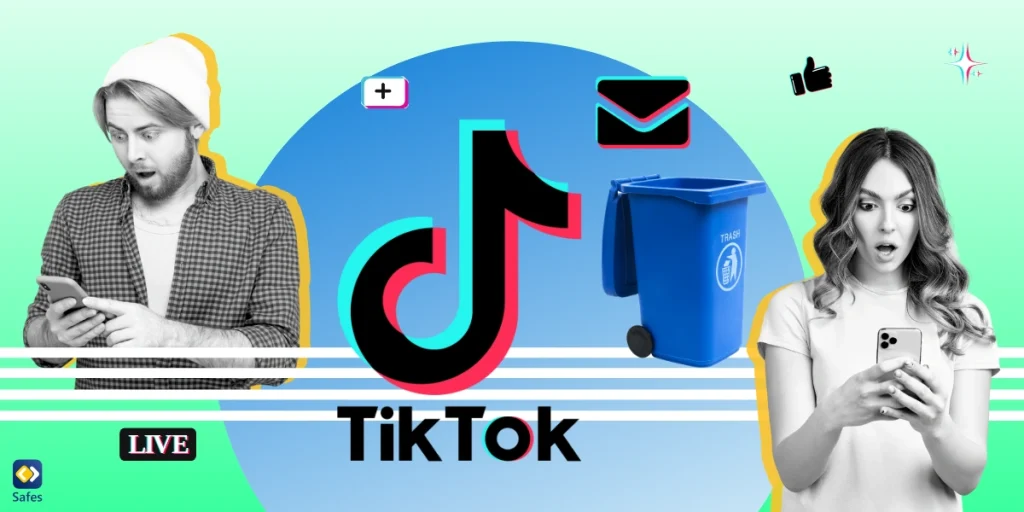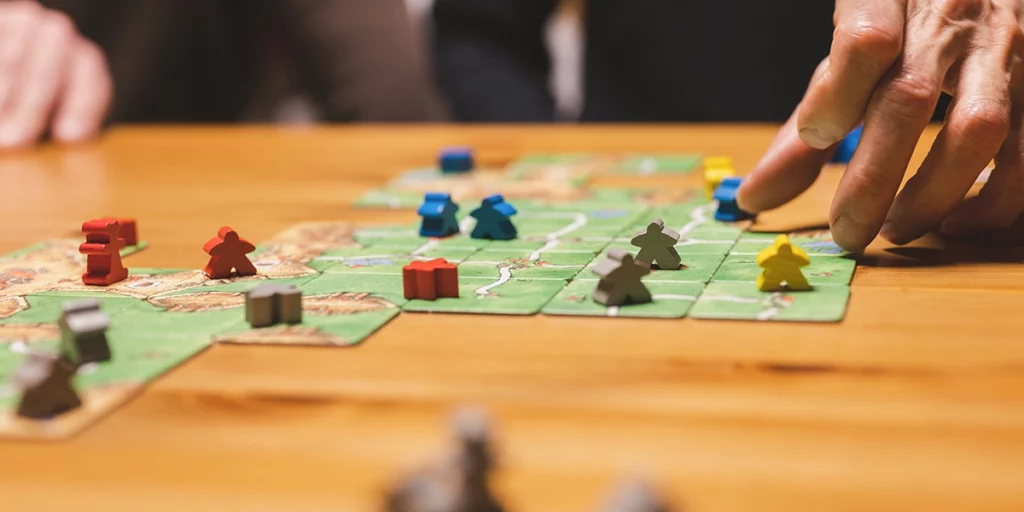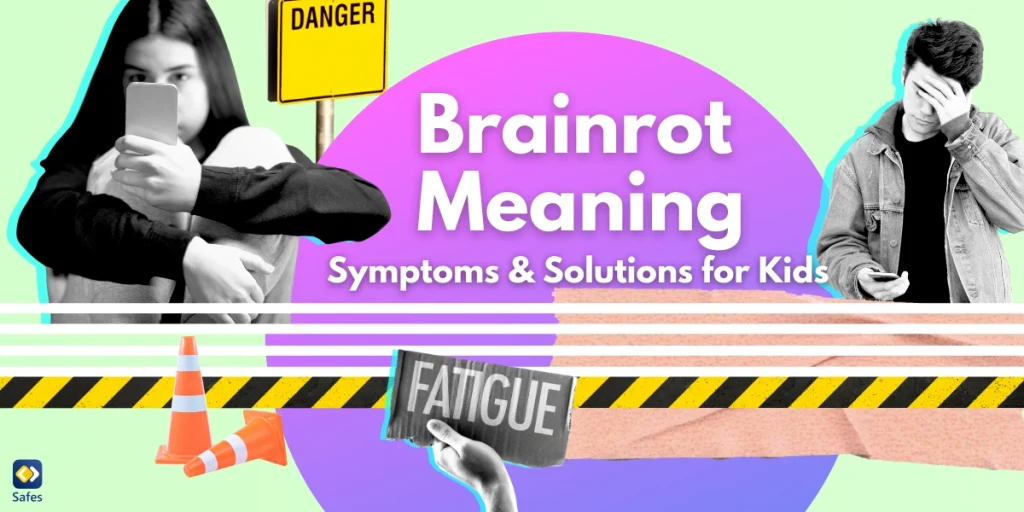NoFap Challenge is becoming quite the buzz, with discussions popping up all over social media. Did you know that online forums dedicated to the challenge have hundreds of thousands of members? That’s a lot of people interested in this topic!
In this blog post, we’re going to discover what the NoFap Challenge is, where it came from, and why it has gained so much attention. We’ll also explore the supposed benefits, the criticisms, and give you practical advice on how to talk to your kids about it. So, whether you’re new to this concept or have heard about it but want to know more, you’re in the right place.
As our children’s lives are becoming more intertwined with the digital environment, they’re exposed to a variety of ideas and movements. Knowing about these trends helps us guide and support them effectively and ensure they’re making informed decisions.
NoFap Definition
So, what exactly is “NoFap”? Essentially, it’s a movement encouraging individuals to avoid all forms of pornography and masturbation, often for specific periods. While some proponents also advocate for semen retention, which involves avoiding ejaculation to harness perceived benefits, it’s important to note that semen retention is a distinct concept from the NoFap Challenge.
The NoFap Challenge takes this concept further. Participants usually commit to a set period, often 90 days, where they abstain from porn and sexual activity. The goal is supposedly to reset their brains, reduce addiction, and reclaim control over their lives. It’s like a detox but focused on sexual habits.
Origins of the NoFap Challenge
The NoFap Challenge started gaining attention in the early 2010s. It emerged as a response to concerns about the potential impacts of internet porn on mental and physical health. Many individuals began exploring ways to change their habits and see if abstaining could lead to personal improvements.
Several key figures and platforms have helped popularize the NoFap Challenge. Reddit has been a significant hub, with forums dedicated to forming support groups where people share their experiences. Influencers in the self-improvement and mental health sectors have also brought attention to the challenge, discussing its potential benefits and drawbacks.
The challenge has spread widely through social media and online communities. People use hashtags and participate in challenges to connect with others and share their journeys. These online networks have made it easier for individuals to find support and stay engaged with the challenge.
NoFap “Benefits”
So, what do people claim are the health benefits of the NoFap Challenge? Let’s break it down into different areas.
Mental Health Claims
Many proponents believe the effects of NoFap can be significant, especially mentally and physically. Here are some common claims:
- Improved mental clarity: Participants often report feeling less foggy and more focused.
- Reduced anxiety and depression: Some find their mood stabilizes over the long term, attributing fewer mood swings to their commitment to the challenge.
- Enhanced motivation: Users sometimes feel a boost in motivation and drive, helping them to achieve personal and professional goals.
- Better emotional regulation: There are claims of improved control over emotions, leading to a calmer and more stable mental state.
Physical Health Claims
There are also claims about physical health benefits. Here’s what some people have noticed:
- Increased energy: Without the cycle of porn-related chronic masturbation, many say they feel more energetic.
- Better sleep: Some participants report sleeping more soundly and waking up refreshed.
- Improved physical performance: Athletes and regular exercisers sometimes report enhanced physical performance and endurance.
- Healthier lifestyle choices: Some individuals find it easier to make healthier dietary and exercise choices.
Social and Relationship Claims
Lastly, there are social and relationship benefits that people discuss:
- Improved social interactions: Some say they feel more confident and less anxious in social situations.
- Better relationships: Participants often report feeling more connected and engaged in their personal relationships, attributing this change to their participation in the challenge.
- Enhanced communication skills: Improved ability to communicate and express feelings more openly and honestly.
- Strengthened self-esteem: Many participants notice a boost in self-esteem and self-worth.

The Science of Masturbation and Porn
When it comes to masturbation in teens, research suggests it’s generally a healthy and normal activity. Studies have shown that regular ejaculation, whether through masturbation or sex, can lower the risk of prostate cancer. For instance, a Harvard study found that men who ejaculated frequently had a significantly lower risk of developing prostate cancer.
The impacts of consuming porn, however, are a mixed bag. Some studies suggest that occasional use can be harmless and even enjoyable. However, there are concerns about porn addiction, where excessive consumption can lead to negative effects such as decreased sexual satisfaction and relationship issues. It’s essential to recognize the potential for addiction and its impact on mental health.
Research indicates that consuming porn in moderation might not have significant adverse effects for most individuals. However, it’s crucial to monitor the amount and type of content consumed to avoid developing unhealthy habits. This balanced approach can help mitigate the risk of addiction and its associated problems.
The key takeaway here is balance and moderation. Whether it’s masturbation or porn consumption, it’s important to maintain a healthy balance. Encouraging open communication about these topics can help guide teens in making informed decisions and developing a healthy relationship with their sexuality.
Concerns With the NoFap Movement
While the NoFap Challenge may seem to offer benefits, it’s crucial to recognize some problematic elements within certain NoFap communities. Unfortunately, some participants promote misogynistic views and toxic masculinity. They often frame the challenge as a way to reclaim a distorted idea of “manhood,” which can alienate and harm both men and women involved.
Within these communities, there can also be a significant negative impact due to shaming and guilt. Members who struggle to meet the challenge’s demands might face harsh criticism and feel deep guilt. This kind of environment can be counterproductive, exacerbating feelings of failure rather than fostering supportive growth.
Social anxiety associated with NoFap is another concern. Some might develop heightened social anxiety due to extreme abstinence or pressure to adhere to the challenge’s strict rules. This anxiety can negatively affect their personal and professional lives.
Is NoFap Safe for Kids? Final Verdict
Professionals in the field generally agree that while reducing excessive porn consumption can be beneficial, the extreme measures promoted by NoFap are unnecessary. For instance, Dr. David Ley, a clinical psychologist and author, emphasizes that there’s no substantial scientific backing for the broad claims made by the NoFap movement. Similarly, Dr. Nicole Prause, a neuroscientist, highlights that the benefits many report are often due to changes in personal habits rather than abstinence itself.
As mentioned before, the toxic environment within some NoFap communities can have detrimental effects on kids. Exposure to shaming, guilt, and unrealistic expectations can increase anxiety and negatively impact self-esteem. Encouraging a balanced and informed approach to sexual health is more beneficial for their overall well-being.
Recognizing and Addressing Compulsive Sexual Behavior
It’s important to note that compulsive sexual behavior differs from healthy habits. Signs include spending excessive time on sexual activities, using sex as a stress coping mechanism, and feeling unable to control the behavior. This may show up as excessive porn consumption with negative effects such as neglecting responsibilities or withdrawing socially. Recognizing these patterns is essential for addressing compulsive tendencies.
This behavior can significantly impact daily life, leading to strained relationships, poor academic or job performance, and emotional distress. If sexual activities interfere with normal routines and responsibilities, it’s a clear signal that the behavior may be compulsive and problematic.
If these signs are evident, parents should seek professional help. Therapists, psychologists, and counselors specializing in sexual health can provide the necessary support and treatment for their teens. Identifying the need for assistance is a critical step toward healthier sexual behavior.
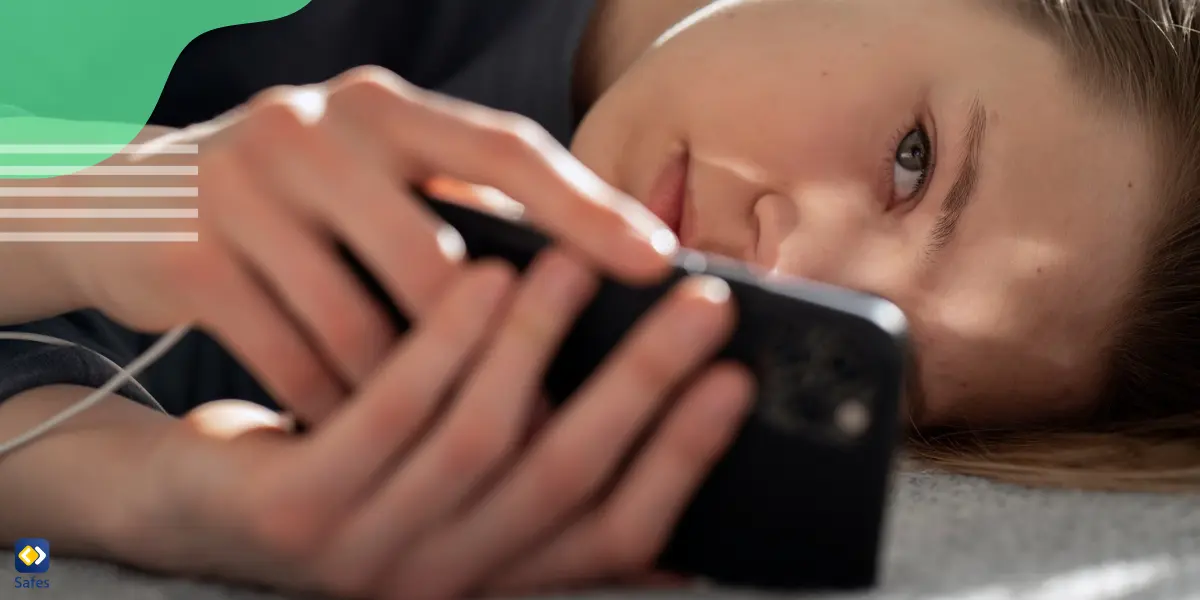
Parental Controls With Safes
If you’re concerned about your teen’s sexual health and their online activity, consider using Safes, our advanced parental control app. Safes offers more options than typical built-in iPhone parental controls, helping you monitor your child’s online behavior effectively.
With Safes, you can limit the usage of apps like Reddit and Discord that you may find risky, set alerts for inappropriate searches, and use the location tracking feature to ensure your child is safe outside.
Start your free trial today by downloading Safes on iOS or Android!
Conclusion
We’ve explored the NoFap Challenge, including its origins, supposed benefits, criticisms, and the science behind masturbation and porn consumption. We’ve also delved into identifying compulsive sexual behavior and when to seek professional help.
The NoFap Challenge has both supporters and critics. While some may find value in the practice, others point out the lack of scientific evidence supporting its benefits. Our final verdict is that NoFap Challenge is not associated with any scientifically proven positive outcome and participating in it may do more harm than good.
However, parents should encourage open and honest discussions about sexual health and well-being with their children. By providing accurate information and a supportive environment, parents can help their kids make informed decisions and develop a healthy relationship with their sexuality. Open dialogue is key to fostering trust and understanding.
